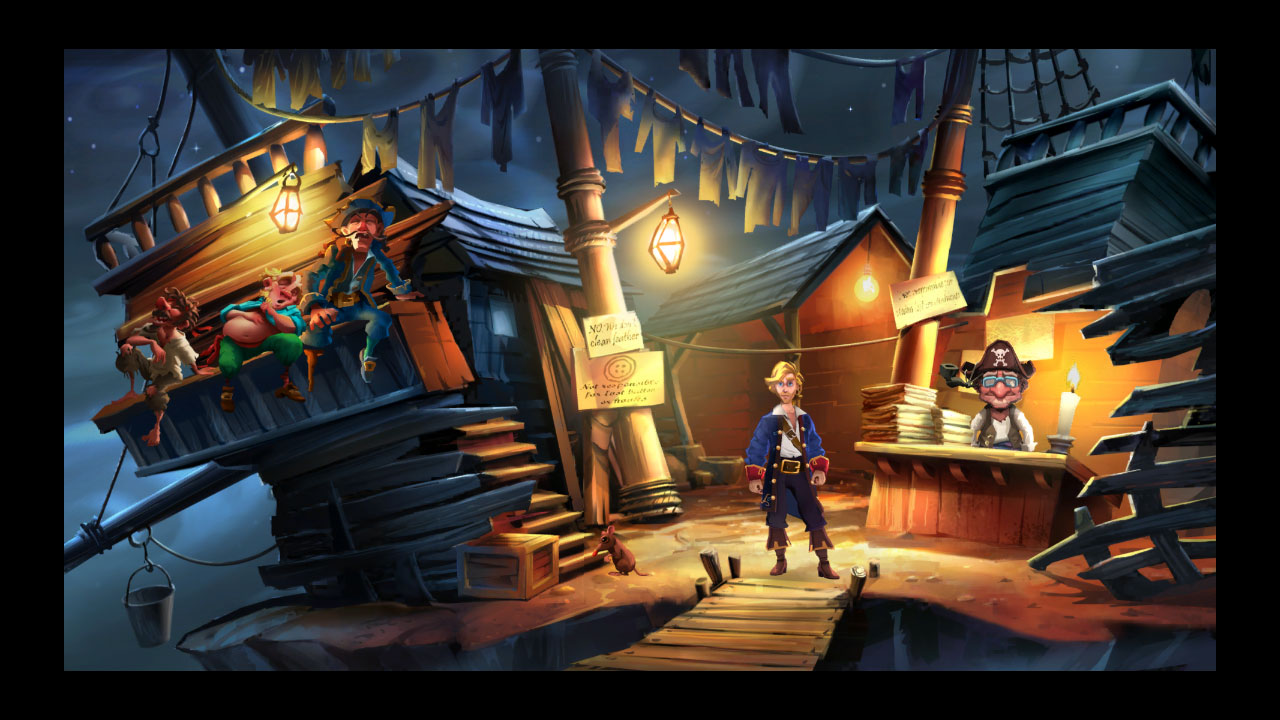rules of the game define the posible actions of the players, rules are nonambiguos, inteligible and apply for all players.
No game can be played with interaction of the players
the outcome of the game have to be uncertain, otherwise it loses its appeal
computer game simultaes properties of the real world
rules and representation of a game are not independent but interact with each other
players require clear and inmediate feedback to undestand the relationship between action and outcome
players require a clear goal
conflict and competition are essential for players motivation
the challenge of the game should match the skills of the player (not to easy, not too dificult)
Many computer games are playable without having to read the manual. Instead players learn to play them
hrough trial and error
the players do actiond in the game world and observe how these actions change the state of the game
the player perfomr and hypothesis about the meaning of an objects on the basus of his studies
the game theme has an impact on how the game appeals to different kind of people
the more abstract a game character, the more players will be able to identify with the character
the controls of the characters will hace and impact on the relation beetween the player and the character
select between different characters facilitates strategies to play the game





